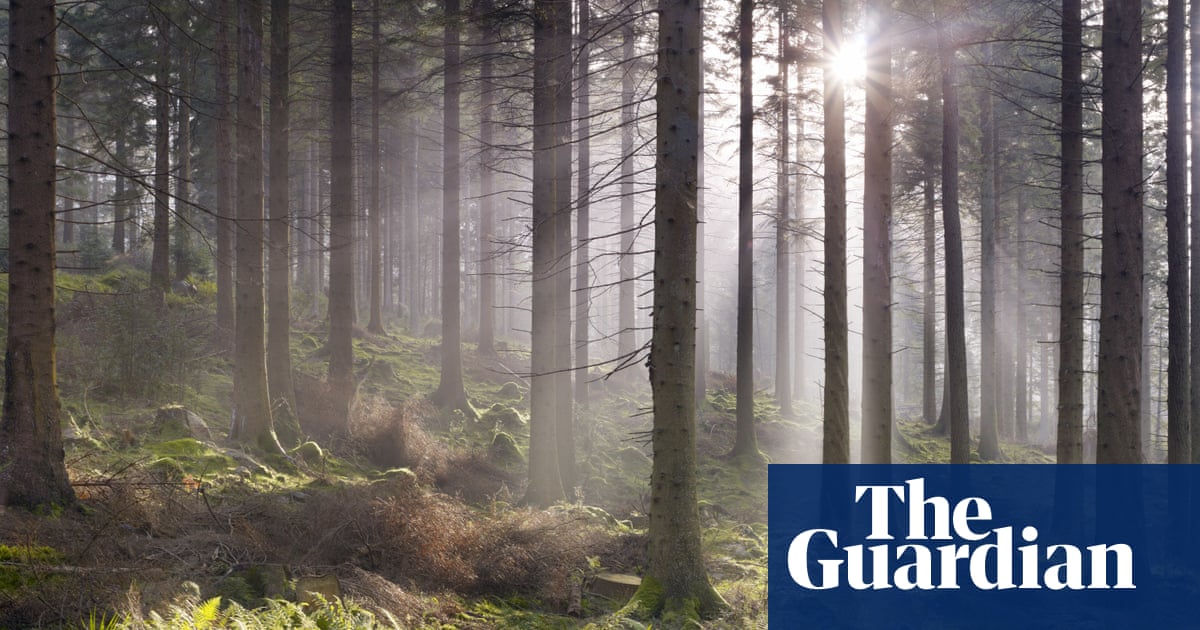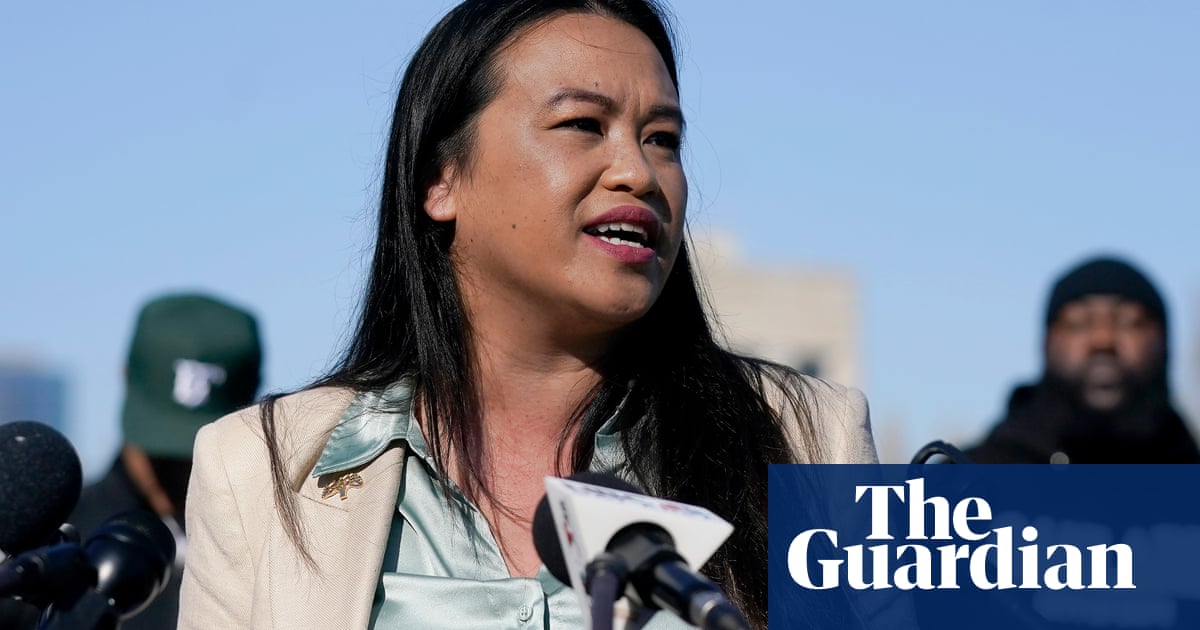It is of deep concern to see the core funding for national parks fall, and it is widely known that the UK has a considerable challenge to tackle nature depletion and the biodiversity crisis (National parks in England and Wales failing on biodiversity, say campaigners, 9 April).
There should be an overhaul of how parks are funded to emphasise these issues, and how actions by all interest groups, from landowners to tenant farmers, can be supported towards positive outcomes and maintaining livelihoods.
There is excellent work being carried out by some organisations within our national parks. Wild Ennerdale and Wild Haweswater represent excellent coordinated efforts among wider stakeholders to tackle historic biodiversity depletion and work towards sustainable agroecology.
Cairngorms Connect is working with many stakeholders towards a holistic ecological restoration in the Cairngorms national park, including large-scale peatland restoration. The North York Moors national park, via its woodland grant schemes, is embarking on woodland establishment on a large scale, bringing potential for many ecosystem benefits, including biodiversity gains.
As a researcher in this area, I am proud to work with some of these organisations to learn how to best implement these approaches for biodiversity gain and sustainable rural livelihoods, and we should be using these, and the many other projects as inspiration for much wider work across our national parks and beyond.
Dr Robert Mills
University of York



